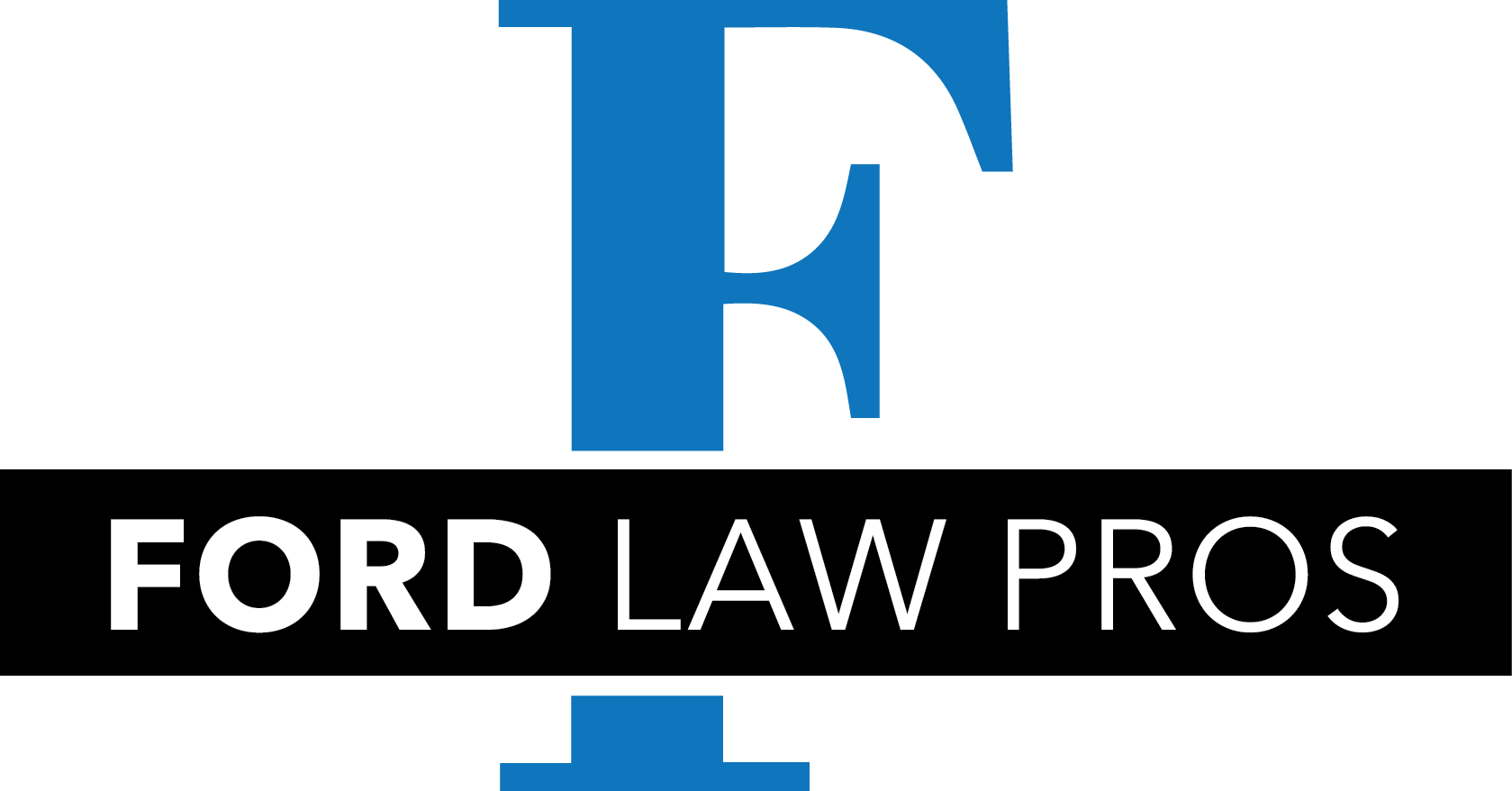District of Columbia Council Member Anita Bonds (D-At Large), along with Council Members Mary Cheh (D-Ward 3) and Yvette Alexander (D-Ward 7), has introduced legislation that imposes new requirements on associations, beyond that which they are already mandated to do under the current condominium law, before they can foreclose on a unit owner for past due assessments. The bill overlooks several key characteristics of common interest communities as it pertains to the assessments they collect and the important obligations of each unit owner.
Condominium associations are managed by volunteers who dedicate time, energy, effort and sometimes personal finances to make sure their homes and communities are safe, vibrant and healthy places to live. When owners stop paying their share of condominium assessments, the entire community suffers. The problem is compounded when owners abandon their units, leaving them unmaintained and in disrepair. The economic recession and mortgage crisis of 2008 left many condominium associations in bad shape, especially those located east of the Anacostia River, when operational issues mounted due to lack of funds. Delinquencies doubled, unit owners abandoned “under-water” properties and associations were left battling receivership and a loss of basic amenities, such as trash pick-up, common area maintenance and other necessities that associations need to maintain a decent place to live. In 2015, condominium associations are starting to get back on their feet, but while good intentioned, the proposed Condominium Owner’s Bill of Rights will do more harm than good to both associations and their members.
- Legislation Worsens the Bleeding for Cash-Poor Communities with High Delinquency Rates
- Condo assessments cover common expenses. In some associations, water and gas, are common expenses that are paid out of the Association’s operating fund. When owners do not pay their assessments and continue to live in the community or have tenants who live in the community, the owners who are paying bear the brunt of the community’s expenses. Owners in good –standing are forced to subsidize the additional collection costs this legislation imposes on condo association boards.
- Associations with high delinquency rates will be unable to obtain FHA approval for financing purposes. By FHA’s standards, associations with more than 15% percent of units in arrears for 60 days or more are ineligible for FHA-approved financing for first-time homebuyers. High delinquency rates also affect the association’s ability to maintain basic operational functions such as insurance, payments for common expenses such as water and trash, yard maintenance, and other communal needs. If associations are unable to utilize judicial and non-judicial means to collect chronically delinquent accounts they will never function as they are intended — to maintain a healthy, safe and enjoyable place to live for its members.
- Owners who faithfully pay assessments are forced to subsidize collection costs that will invariably increase if this legislation passes.
- Bill Contains Measures the Condo Act Already Addresses
- The bill contains a supposed “bill of rights” for unit owners. Many of these rights are already required by the existing condo laws in D.C., thus invariably all association’s bylaws cover these rights in their language. For example, the requirements that meetings of associations and boards could be conducted only with a quorum present; that homeowners would have a right to attend and participate in meetings of the association at least once a year; that owners who are behind on fees could correct any financial default before foreclosure by tendering payment in full; and that owners would have a right of access to all books and records of the association are all staple components of each condominium regime’s governing instruments.
- The bill proposes a new standard to govern Board Conduct—one that mandates board members to “strive to avoid situations that may create even the appearance of an actual impropriety.” This is not only ill-defined, it is unnecessary. The 2014 amendments to the condominium law adopted a specific standard called the “business judgment rule” to govern boards of directors’ decision-making. The business judgment rule has been adopted by several jurisdictions throughout the country to establish the expectations for board members who run community associations. Adopting yet another standard may prevent volunteers from stepping up to help fill vacant board seats because they are uncertain of the liability associated with it.
- Legislation transforms a non-judicial process into a quasi-judicial one to the detriment of communities who are fiscally unstable
- The mediation requirement is a part of the foreclosure process for a commercial lender who seeks to foreclose on a deed of trust signed by a home owner. Forcing smaller associations in particularly disadvantaged neighborhoods to participate in mediation[1] when they can barely afford to pay the collection costs required to pursue a defaulted owner (if they can pay at all), will only make it harder for associations to gain the financial stability they need to become attractive places to live to potential new homeowners.
- The mediation requirement imposes a financial burden on financially strapped Associations in Wards 4, 5, 7 and 8 as they will need to retain counsel during the mediation process to effectively represent their interests and reach a possible resolution. This, however, is cost-prohibitive for most associations with high numbers of delinquencies.
- The judicial foreclosure process already includes a mediation component. This bill duplicates that process unnecessarily and at the expense of unit owners.
- Most foreclosure proceedings do not end with a final sale. Most of the time, lenders will pay off some or all of the past due amount. However, they most often wait until a sale date is set before they will make any payments. In many cases, they wait until a few days before the sale to pay. Selecting a sale date is the last step of the foreclosure process by which time an owner has received multiple notices from the Association and its attorney to resolve the debt. Often, the unit owners no longer maintain the home as a principal residence. Thus, the Association has to spend additional funds locating these individuals which creates more delay in the process.
I encourage unit owners and community leaders who will be affected by this legislation to send emails opposing the bill to their respective council member’s office. For the contact information of each council member, go to the D.C. Council’s website at http://dccouncil.us/council.
Yaida Ford is an attorney who represents unit owners and community associations in Washington D.C., Maryland and Washington State.
[1] The mediation requirement only applies to associations with five or more units.

